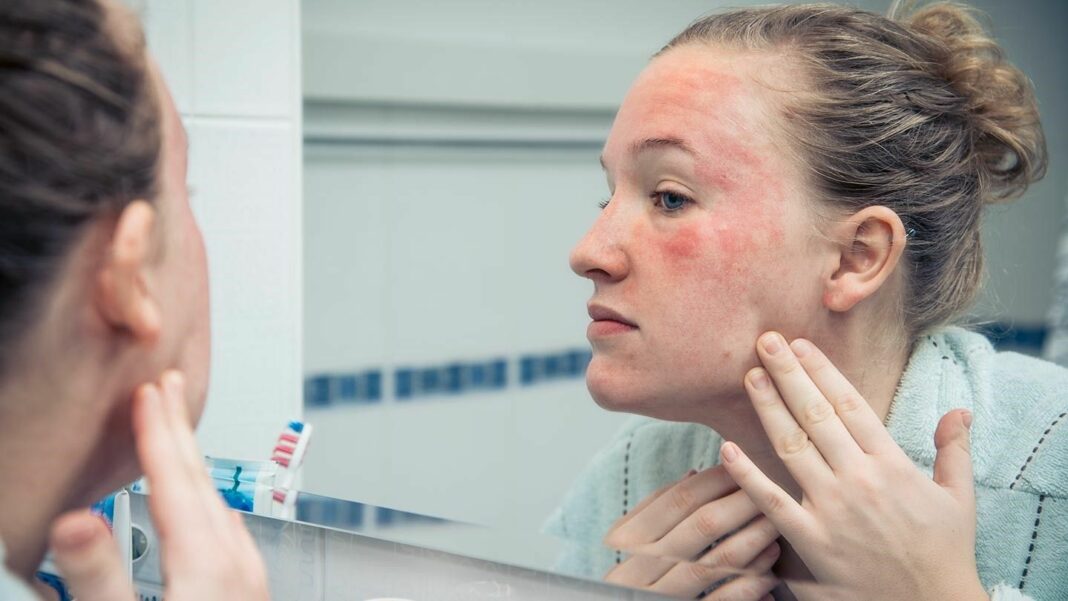What’s Causing Your Skin Rash?
Having a skin rash can be uncomfortable and frustrating. There are many potential causes of skin rashes, ranging from allergies to infections. Understanding the underlying cause of your rash can help you find the right treatment and relieve your symptoms. Here are some common causes of skin rashes:
1. Allergies
Allergies to certain foods, medications, or chemicals can cause skin rashes. These rashes are often itchy and may appear as red, raised bumps on the skin. Common allergens that can trigger a rash include pollen, pet dander, and certain skincare products. Avoiding the allergen and using antihistamines can help reduce symptoms.
2. Infections
Bacterial, fungal, and viral infections can also lead to skin rashes. Conditions such as ringworm, scabies, and shingles can cause redness, itching, and blistering on the skin. Treatment for these infections may include antibiotics, antifungal creams, or antiviral medications.
3. Contact Dermatitis
Contact dermatitis occurs when the skin comes into contact with an irritant or allergen. Common triggers for contact dermatitis include soaps, cosmetics, and plant oils. The rash may be localized to the area of contact and can be treated with corticosteroid creams and avoiding the triggering substance.
4. Eczema
Eczema is a chronic skin condition characterized by dry, itchy patches of skin. This rash may be triggered by genetics, allergies, or environmental factors. Moisturizing the skin, avoiding irritants, and using corticosteroids can help manage eczema symptoms.
5. Psoriasis
Psoriasis is an autoimmune disorder that causes red, scaly patches on the skin. This rash is often triggered by stress, infections, or certain medications. Treatment for psoriasis may include topical corticosteroids, phototherapy, or systemic medications.
6. Heat Rash
Heat rash occurs when sweat becomes trapped in the skin, leading to red, itchy bumps. This rash is more common in hot, humid climates and can be prevented by staying cool and dry. Cooling lotions and avoiding tight clothing can help alleviate heat rash.
7. Stress
Stress can impact the immune system and trigger inflammatory responses in the skin, leading to rashes. Practicing stress-reducing techniques such as meditation, yoga, and exercise can help improve skin health and reduce the risk of stress-related rashes.
Conclusion
Overall, there are many potential causes of skin rashes, ranging from allergies to infections to underlying health conditions. Identifying the underlying cause of your rash is key to finding the right treatment and managing your symptoms. If you are experiencing a persistent or severe rash, it is important to consult with a healthcare provider for an accurate diagnosis and treatment plan.
FAQs
Q: Can I treat a skin rash at home?
A: Mild skin rashes can often be treated at home with over-the-counter remedies such as hydrocortisone cream, antihistamines, and moisturizers. However, if the rash is severe, persistent, or accompanied by other symptoms, it is best to seek medical advice.
Q: How can I prevent skin rashes?
A: To prevent skin rashes, avoid known allergens, irritants, and triggers. Moisturize regularly, wear protective clothing, and practice good hygiene. If you have a history of skin rashes, keeping a journal of potential triggers can help identify and avoid them in the future.
Q: When should I see a doctor for a skin rash?
A: You should see a doctor if your rash is severe, spreading rapidly, or accompanied by fever, pain, or other concerning symptoms. Additionally, if you have a history of autoimmune disorders or allergies, it is important to consult with a healthcare provider for appropriate diagnosis and treatment.




